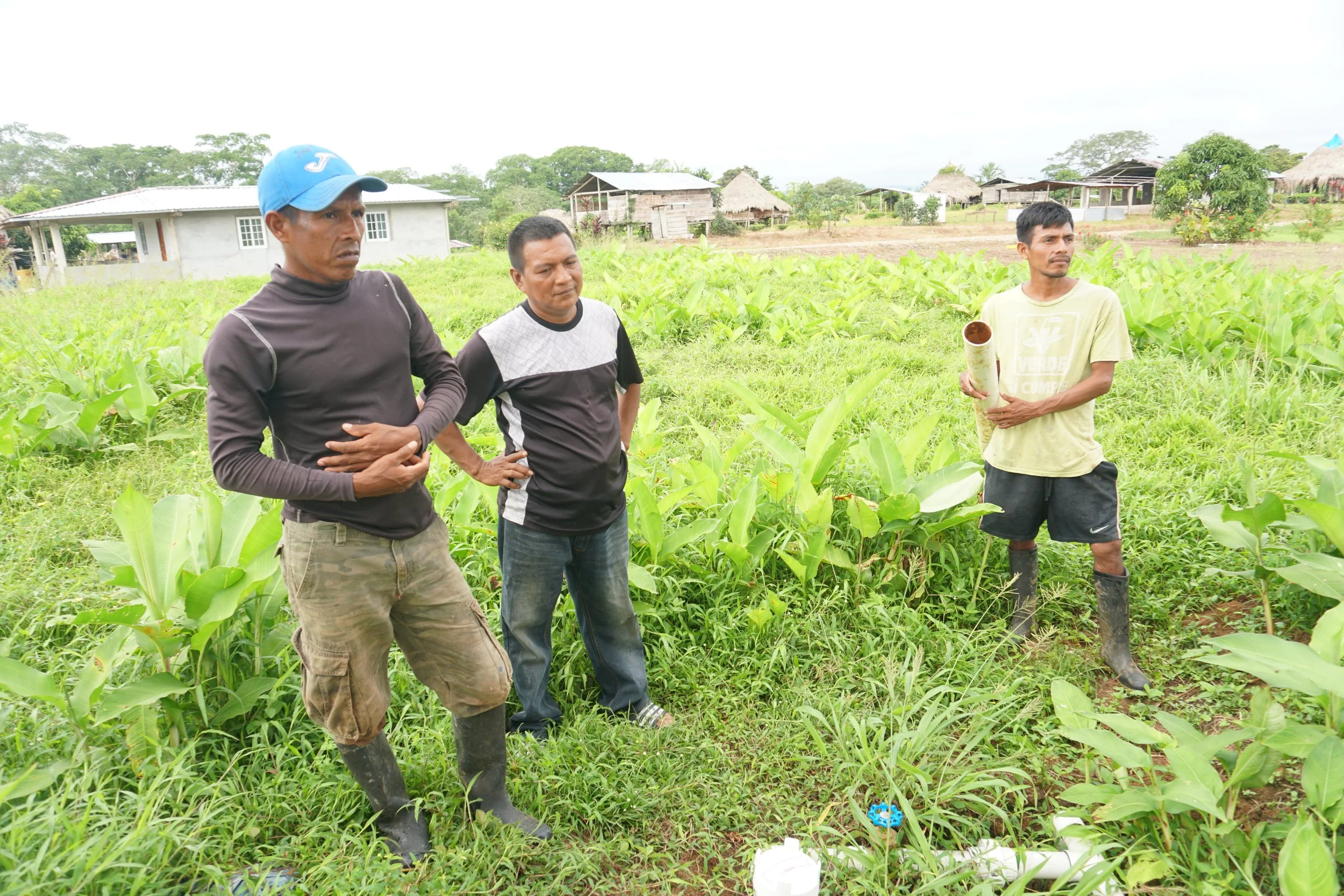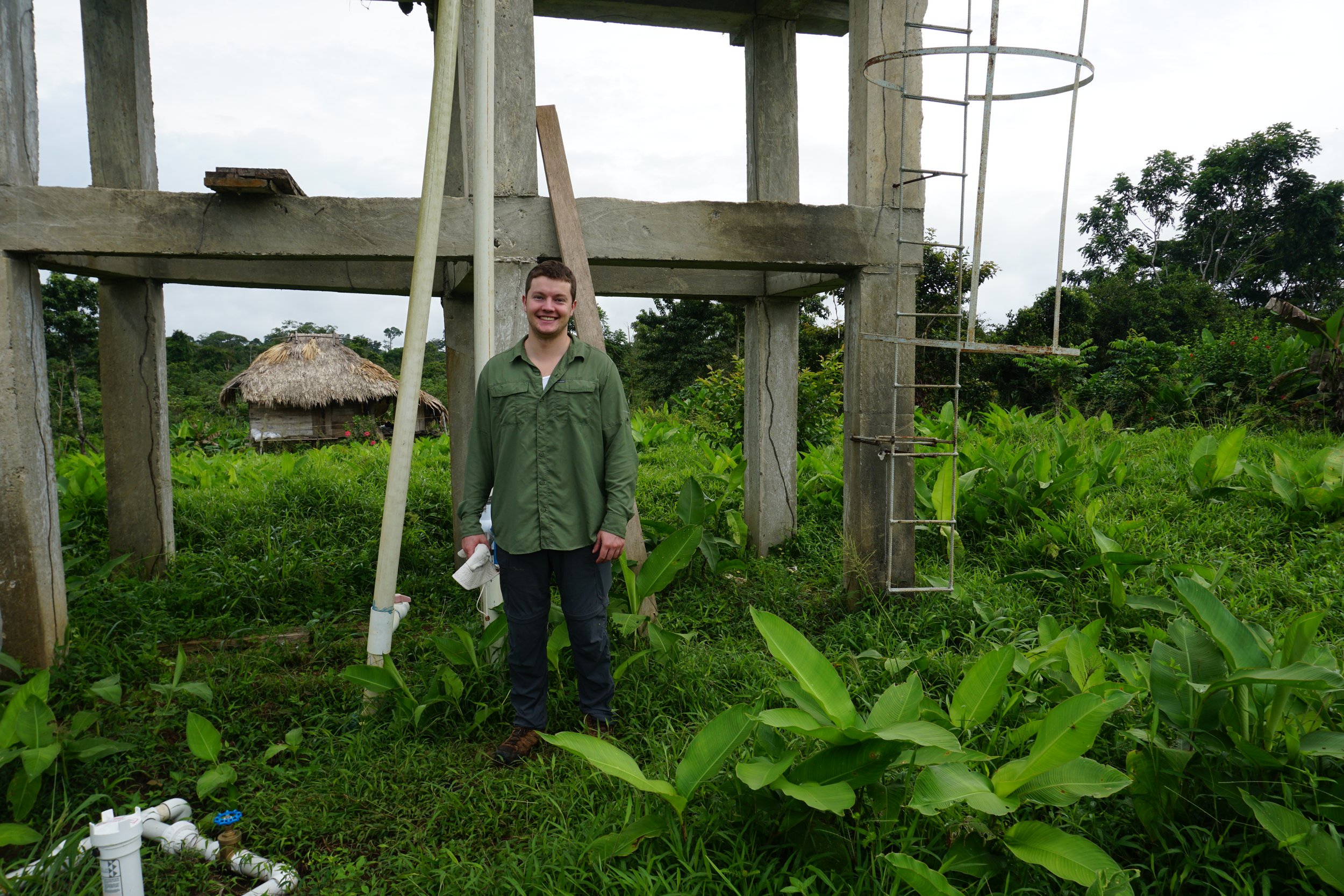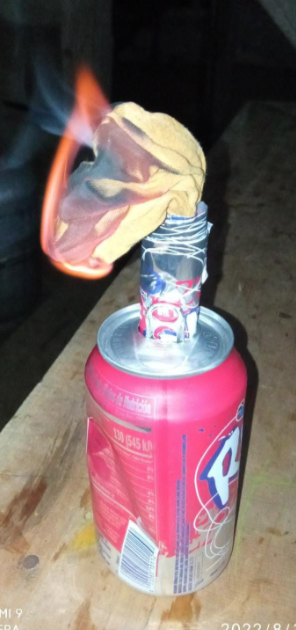Maach Poboor, Darién, Panama
Maach Pöbör was founded on September 4, 2012, after a government mandate to relocate the Canaan community following extensive flooding in 2010. Maach Pöbör made some advancements in infrastructure, however, they had yet to create a sustainable and potable water system. Thus, unlike most other Solea Water projects, all of our work in Maach Pöbör will be the construction of brand new infrastructure. The community contributed labor to build the project, 10% of the total funds needed (in both cash and materials), and committed to system maintenance in the future.
The municipal water system consisted of a hand-dug well near the river and solar panels that pump clean water to a storage tank which supplies individual tap stands at homes and a few other community buildings with water. Our partners have provided ongoing WASH (Water, Sanitation, and Hygiene) education when appropriate in conjunction with the completion of the water infrastructure. WASH training utilized local teachers and health promoters when possible to avoid any cross-cultural education issues that may arise as well as to increase capacity through a "train the trainer" model of education
Through the efforts of this project, including the municipal water system and WASH education, Solea Water sees a brighter future for the people of Maach Pöbör. This future includes improved health, decreased infant mortality, decreased waterborne illnesses, increased time in the classroom for students, and an overall increase in the quality of life for the people of Maach Pöbör.
Population: 400
Project: Municipal water system
Total Project cost: $34,000
Project Funding: Grant
phase 1
Two public meetings were conducted in Mach Pöbör, first with the general public (approximately 60 persons in attendance) and later with the church congregation (approximately 30 persons in attendance). In the meeting with the general public, a presentation was given which covered the basics of the composting latrine, the Sawyer water filter, and the Hydraid biosand filter.
phase 2
In phase 2 of the project, a hand-dug well was constructed near the river and solar panels were used to pump the water to a storage tank that will supply 88 individual tap stands at each home, the school, health center, two churches, a basketball court, the Women’s Association, and a few other community buildings under construction. The community contributed labor towards the project when needed and also committed to raising 10% of the total funds for the project (~$3,000) either in cash or materials.
Ongoing work
Solea Water will provide ongoing WASH education when appropriate, and in conjunction with the completion of the water infrastructure. WASH training will utilize local teachers, clinic workers, and health promoters when possible to avoid any cross-cultural education issues that may arise as well as to increase capacity through a “train the trainer” model of education. Maach Pobor has a long-term relationship with Solea Water and the organization will continue to support the community with ongoing maintenance.
Gallery
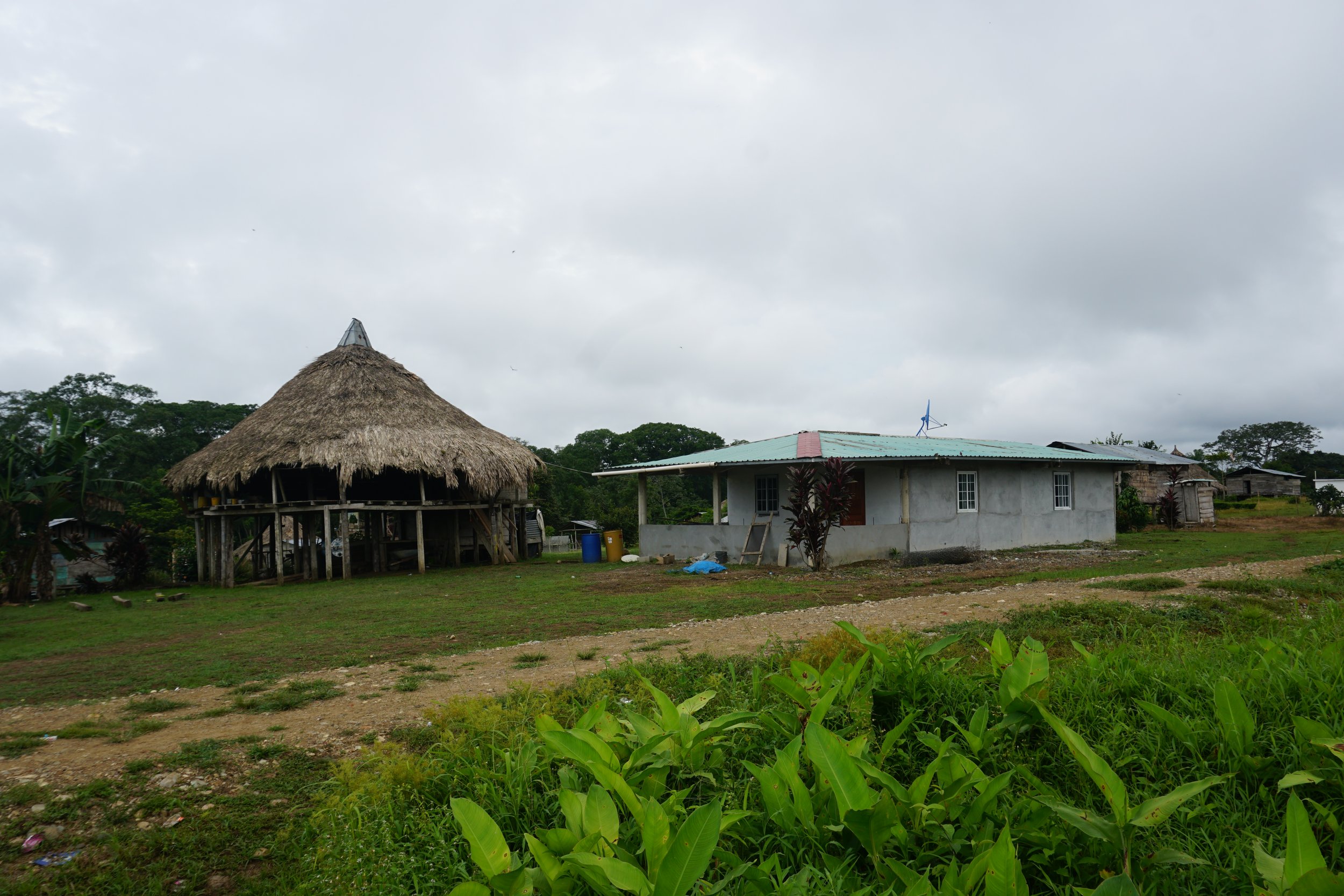
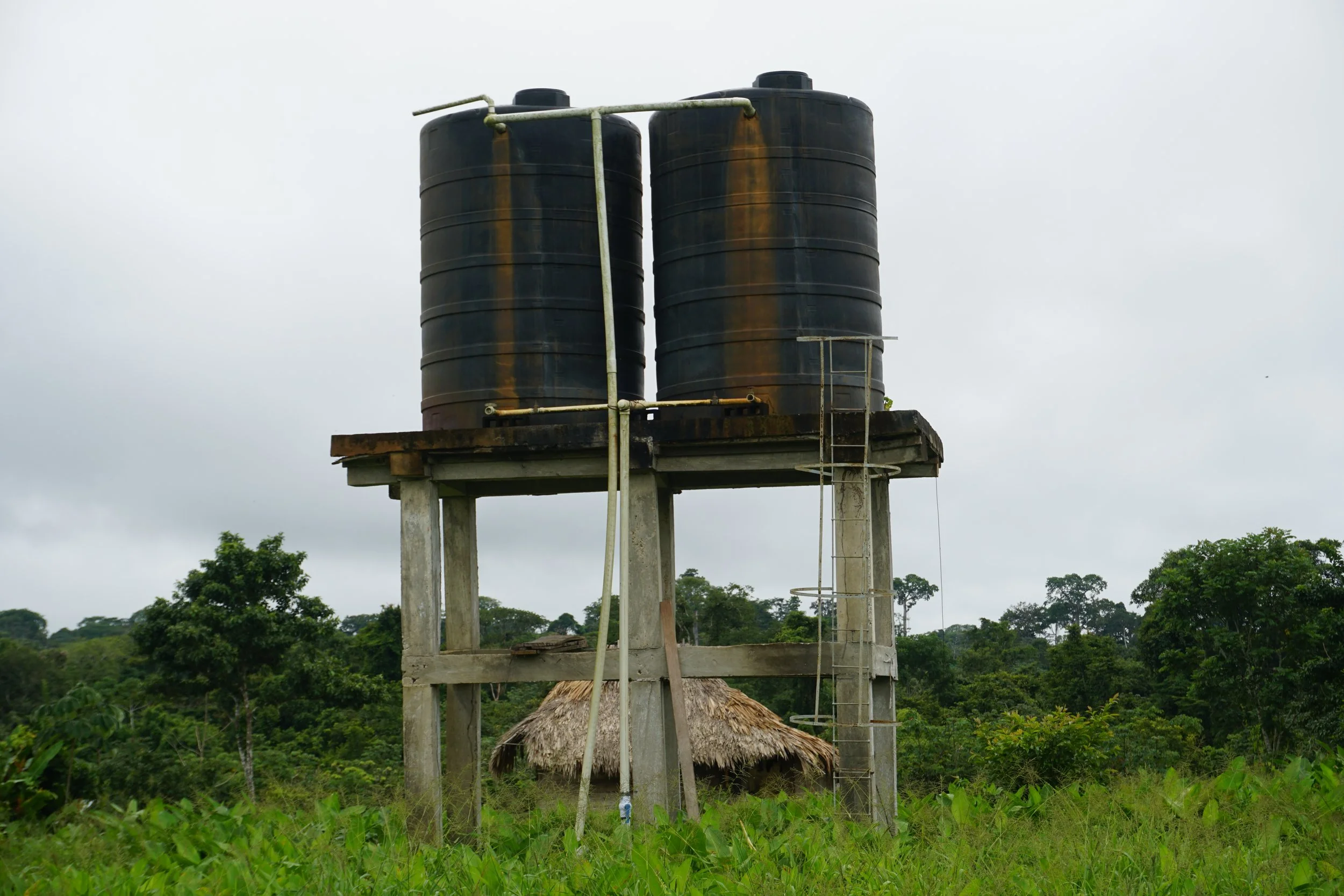
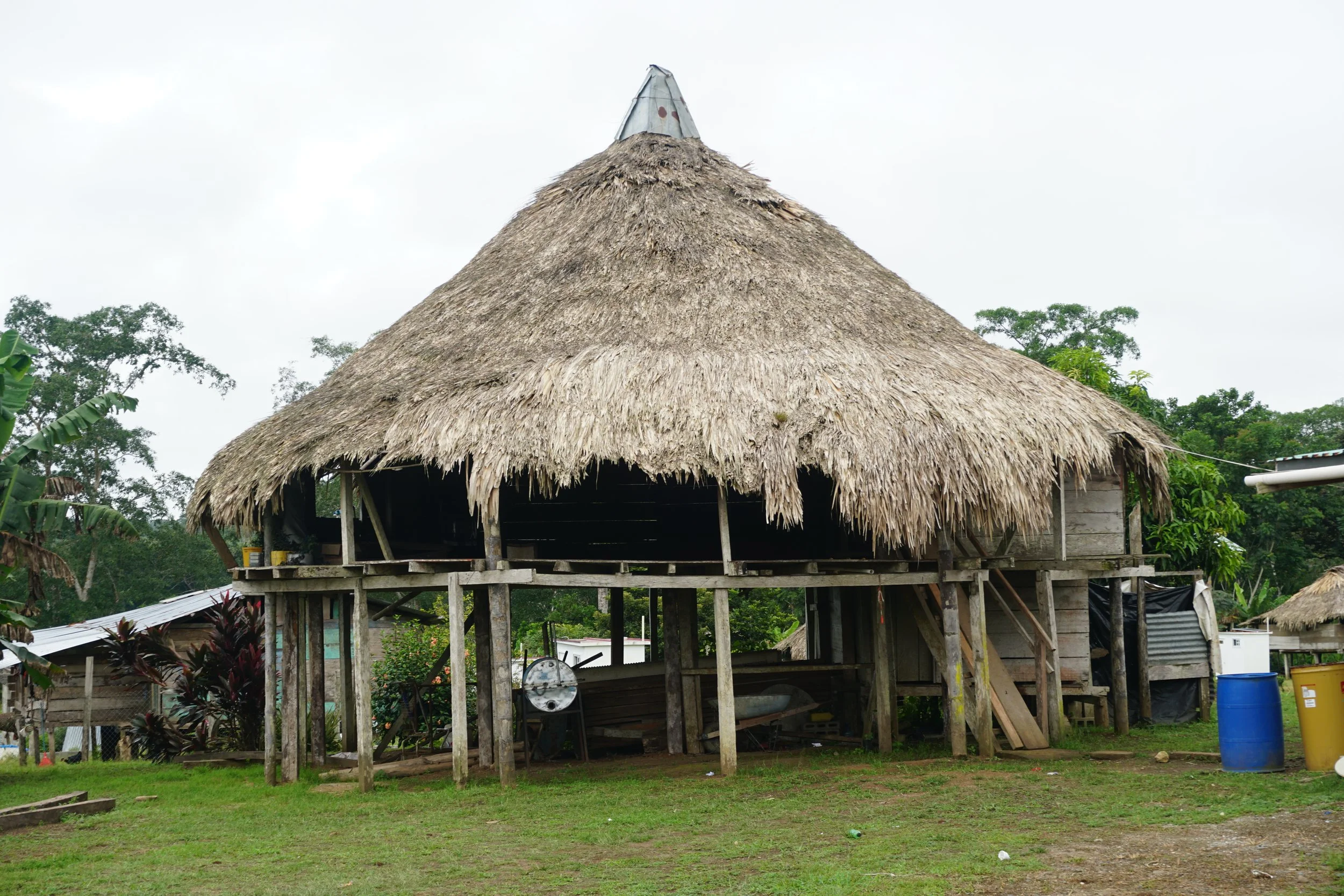
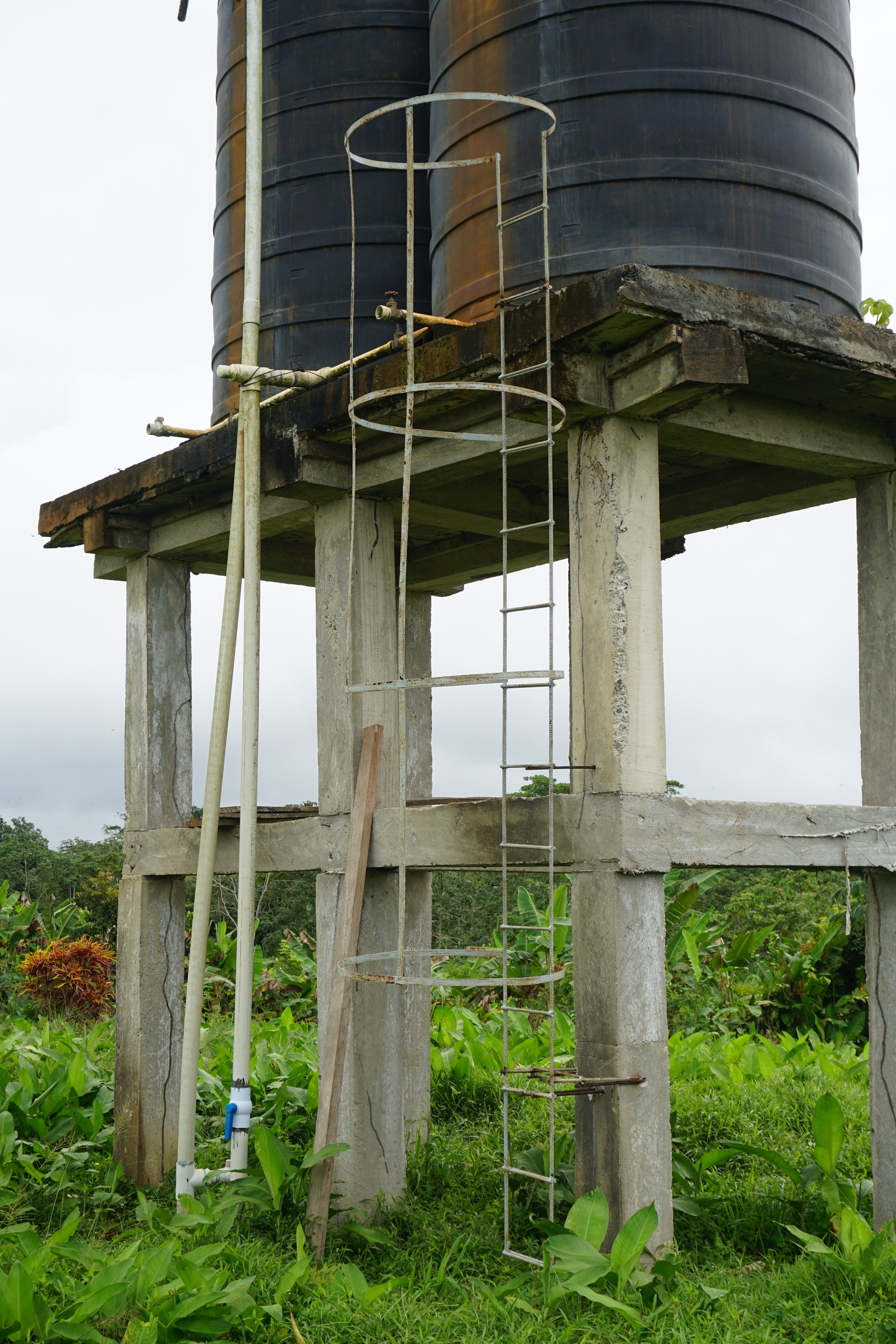
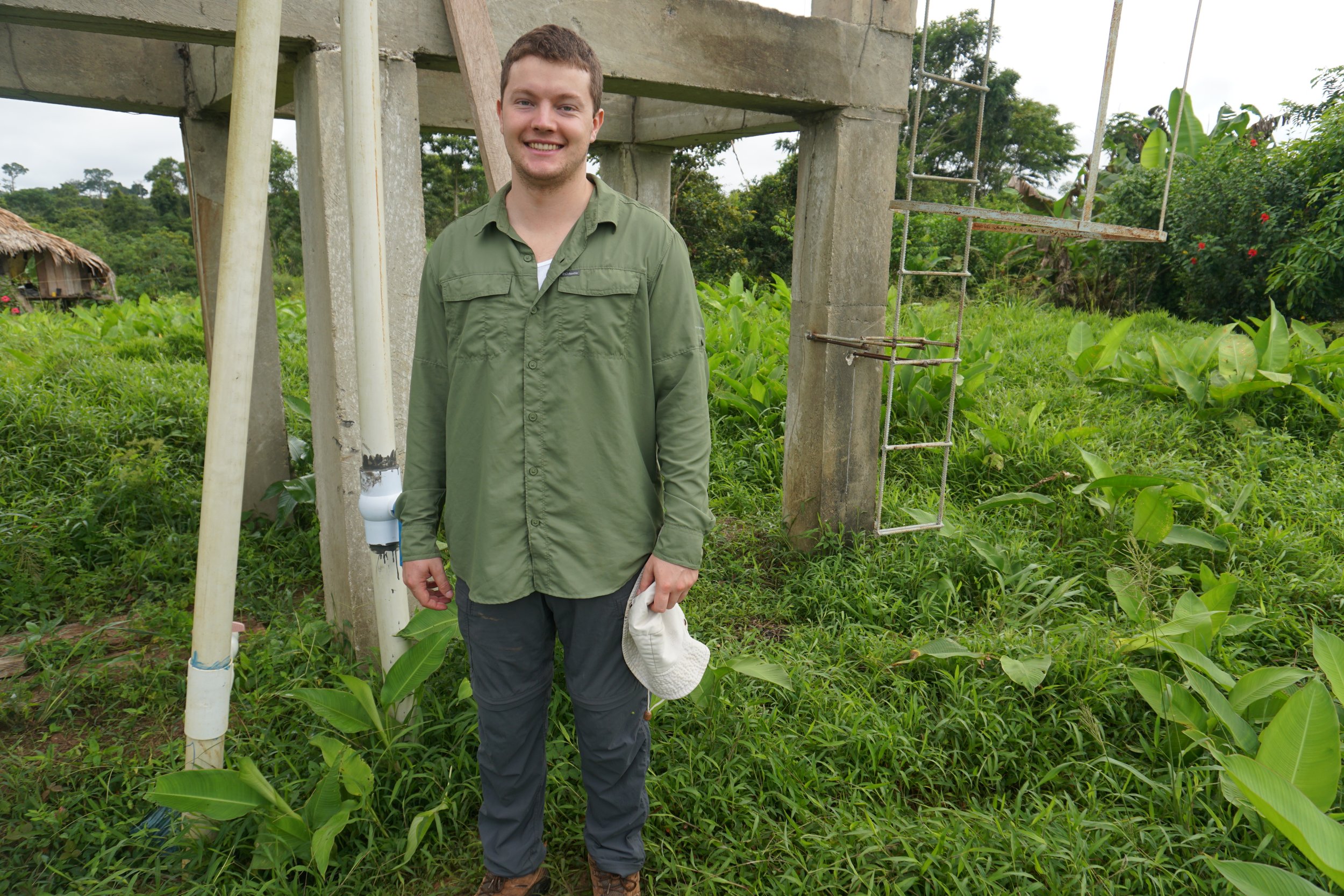
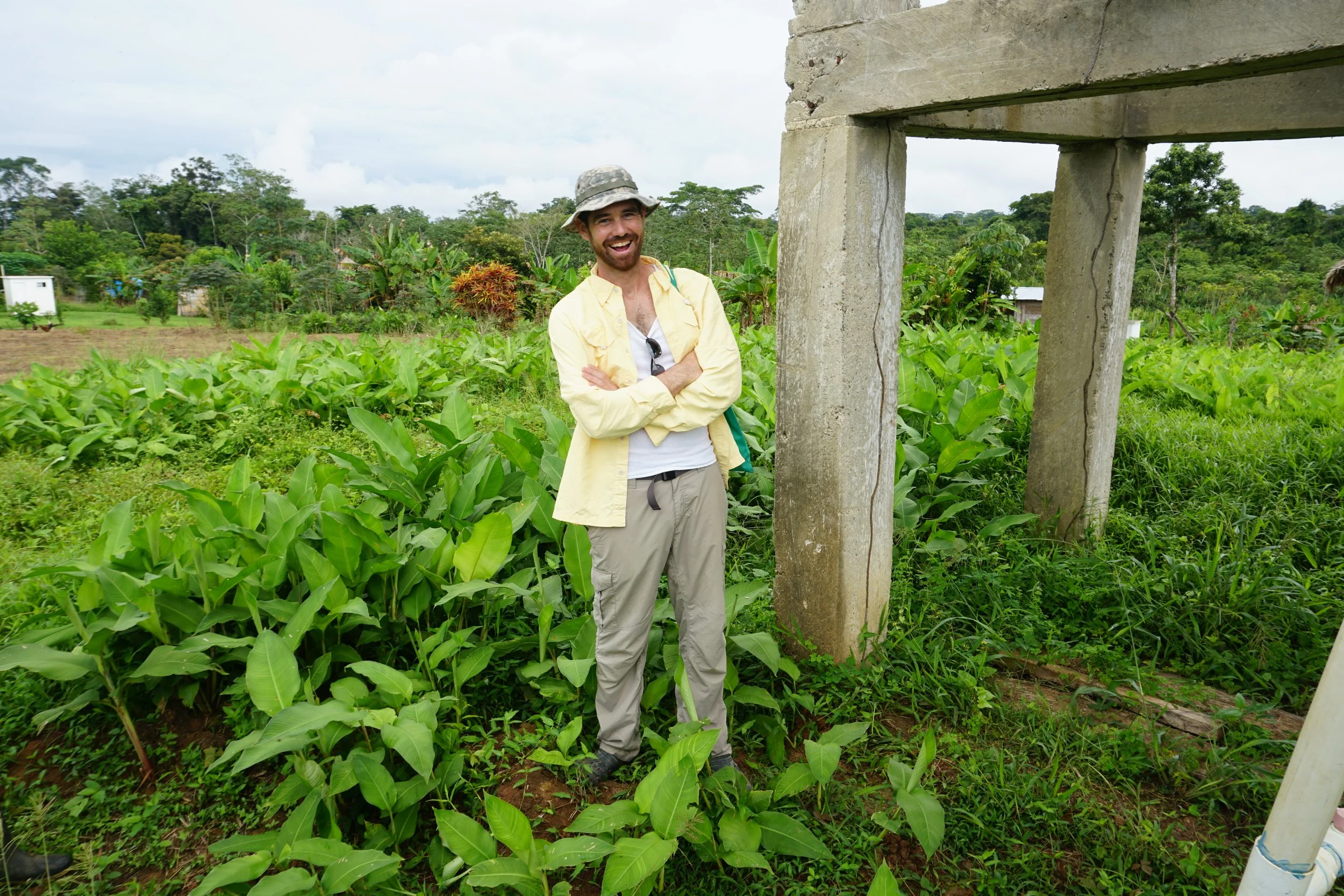
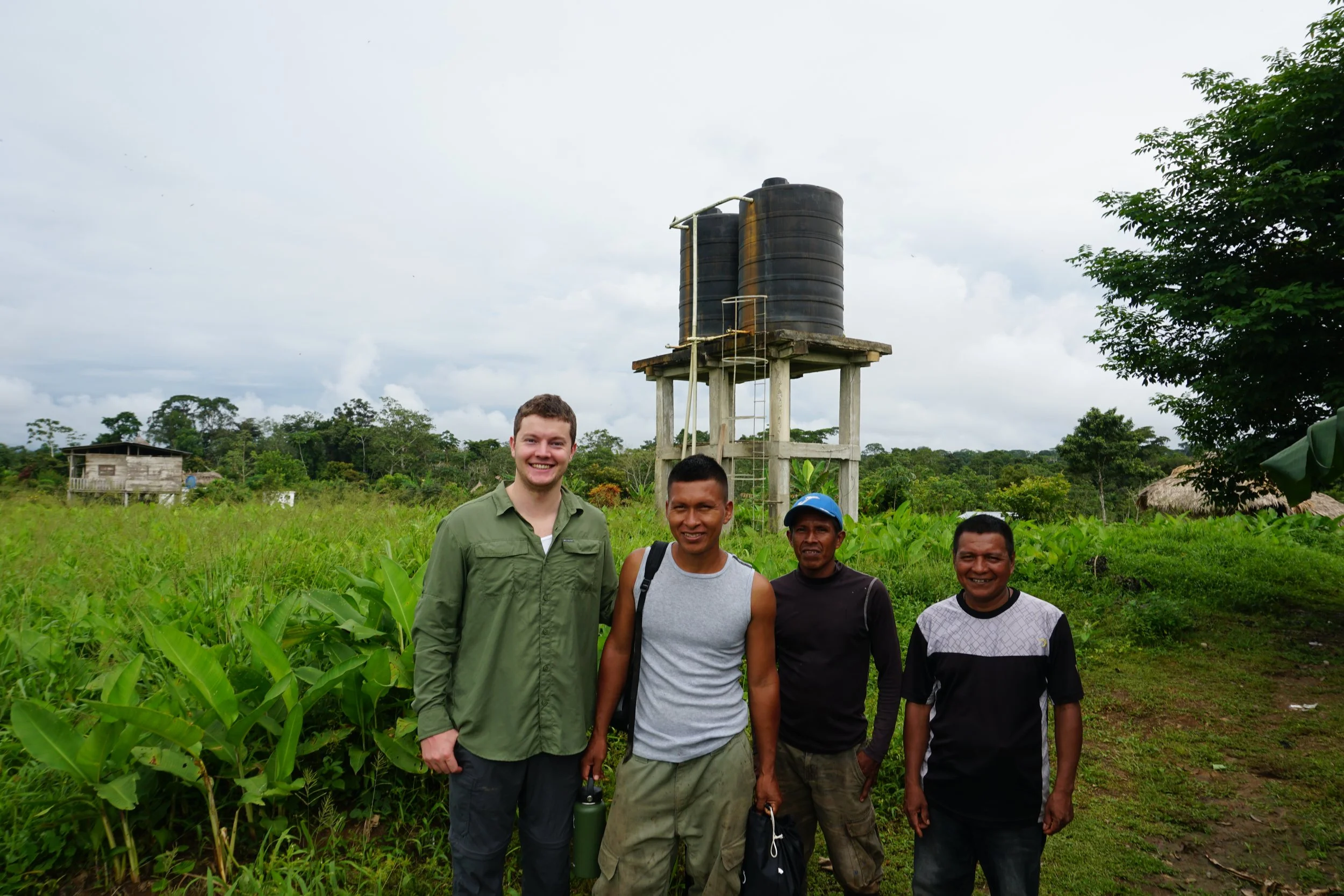
Field Notes
In July 2022, Solea’s Intern Layla Seaver interviewed a community member from Maach Poboor.
“In the first instance, we made our request. At least we will make a resolution to the National Government, to the Minister of Health, to all integrity within Panama. But in itself, there is no hope. Therefore, from my side, what is an institution, non-governmental NGOs, for? Yes, that it supports us. Yes, it has been improving, so we thank you. "
It is for the NGO organizations that there is always support. So we wait for them because they continue to support us, right? Because that's what we're waiting for. I thank brother, Alan. Alan. Alan Foster. And I am thankful for Alan because we were living with Mechora, which means pouring diesel into a jar with a piece of a cloth.
And we light it, and it catches fire. Already today, thank God for him. He brought solar panels, and we have one in each house. We have the light we could always have that we never thought we could? And that despite, it is not free. But we give thanks because he had always brought it here. A bit low cost, right?
So it's things like that, we already have solar, we always have it in the afternoon, even though it can't be 24 hours, but always in the afternoon. At night at nine, we always go to sleep; in the meantime, we have the light on. Even if it's to play with the kids, to study at home. Most people already have this [light] in this village. So that's why, no? And that is why we expect that support or hopefully have what I am saying.
I hope to get this project through NGOs, right? We do hope for all that support from other countries of the world always to see that we indigenous peoples are in extreme poverty, and we have always lived in extreme poverty, but with their support, let's see if we liberate ourselves. It seems to us that when they give us a silver platter [used to put food on], this may be meaningless to the donor, but to us it is a blessing from God, so we hope for that.”
Mechora - a lamp made of jars, and they pour diesel into it with a wick from some rags.

